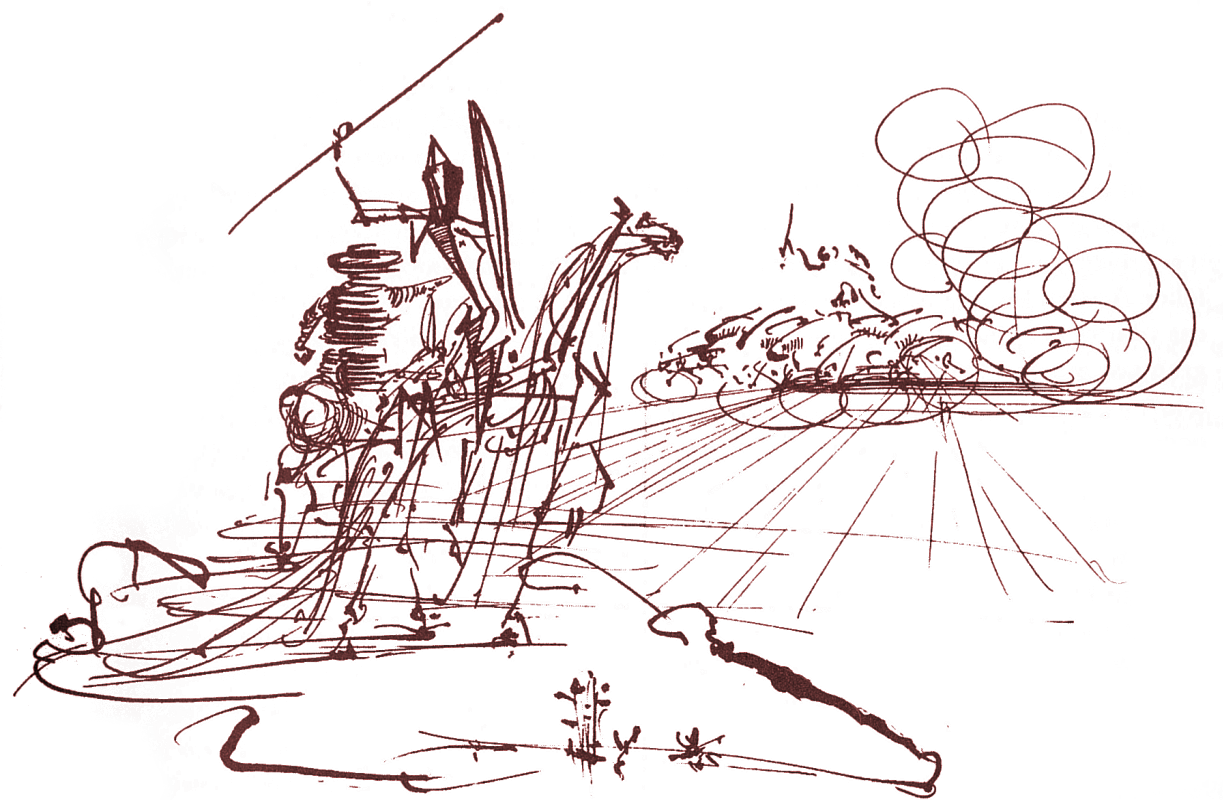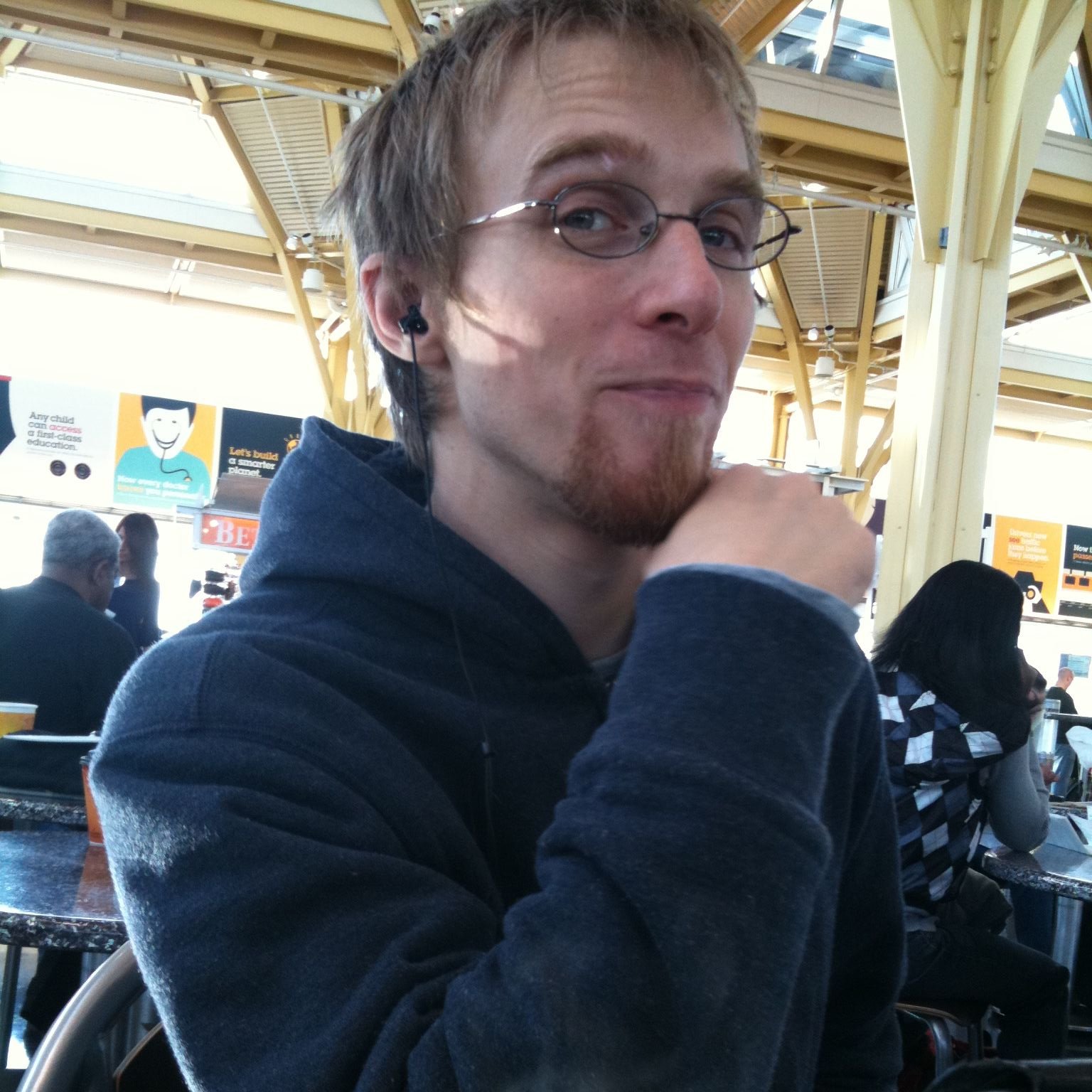My Intention
"I am here. Those three words contain all that can be said--you begin with those words and you return to them. Here means on this earth, on this continent and no other, in this city and no other, in this epoch I call mine, this century, this year. I was given no other place, no other time, and I touch my desk to defend myself against the feeling that my own body is transient. This is all very fundamental, but, after all, the science of life depends on the gradual discovery of fundamental truths.
I have written on various subjects, and not, for the most part, as I would have wished. Nor will I realize my long-standing intention this time. But I am always aware that what I want is impossible to achieve. I would need the ability to communicate my full amazement at "being here" in one unattainable sentence which would simultaneously transmit the smell and texture of my skin, everything stored in my memory, and all I now assent to, dissent from. However, in pursuing the impossible, I did learn something. Each of us is so ashamed of his own helplessness and ignorance that he considers it appropriate to communicate what he thinks others will understand. There are, however, times when somehow we slowly divest ourselves of that shame and begin to speak openly about all the things we do not understand. If I am not wise, then why must I pretend to be? If I am lost, why must I pretend to have ready counsel for my contemporaries? But perhaps the value of communication depends on the acknowledgement of one's own limits, which, mysteriously, are also limits common to many others; and aren't those the same limits of a hundred or a thousand years ago? And when the air is filled with the clamor of analysis and conclusion, would it be entirely useless to admit you do not understand?
I have read many books, but to place all these volumes on top of one another and stand on them would not add a cubit to my stature. Their learned terms are of little use when I attempt to seize naked experience, which eludes all accepted ideas. To borrow their language can be helpful in many ways, but it also leads imperceptibly to a self-contained labyrinth, leaving us in alien corridors which allow no exit. And so I must offer resistance, check every moment to be sure I am not departing from what I have actually experienced on my own, what I myself have touched. I cannot invent a new language and I use the one I was first taught, but I can distinguish, I hope, between what is mine and what is merely fashionable. I cannot expel from memory the books I have read, their contending theories and philosophies, but I am free to be suspicious and to ask naive questions instead of joining the chorus that affirms and denies.
Intimidation. I am brave and undaunted in the certainty of having something important to say to the world, something no one else will be called to say. Then the feeling of individuality and a unique role begins to weaken and the thought of all the people who ever were, are, and ever will be--aspiring, doubting, believing--people superior to me in strength of feeling and depth of mind, robs me of confidence in what I call my "I." The works of a prayer two millennia old, the celestial music created by a composer in a wig and jabot make me ask why I, too, am here, why me? Shouldn't one evaluate his chances beforehand--either equal the best or say nothing? Right at this moment, as I put these marks to paper, countless others are doing the same, and our books in their brightly colored jackets will be added to that mass of things in which names and titles sink and vanish. No doubt, also at this very moment, someone is standing in a bookstore and, faced with the sight of all those splendind and vain ambitions, is making his decision--silence is better. That single phrase which, were it truly weighed, would suffice as a life's work. However, here, now, I have the courage to speak, a secondary courage, not blind. Perhaps it is my stubbornness in pursuit of that single sentence. Or perhaps it is my old fearlessness, temperament, fate, a search for a new dodge. In any case, my consolation lies not so much in the role I have been called on to play as in the great mosaic-like whole which is composed of the fragments of various people's efforts, whether successful or not. I am here--and everyone is in some "here"--and the only thing we can do is try to communicate with one another."


Little remains to say following Milosz here. I have great respect for Milosz as a Catholic and dissident survivor of Communist Poland.
I want to draw attention to Milosz's words on limiting one's writing to what one has experienced. Many pointless works of literature would be avoided, if we took this to heart.
There is a tendency in writing to speak on subjects that the author has not experience personally. The great weight of the academic tradition is based on the careful citation of the testimony of others, for instance. When we speak in public, we tend to conform ourselves to the expectations of social norms, in whatever context, rather than remaining true to our experiences. Perhaps if we did limit ourselves to our experiences we could someday learn again to trust the recorded experiences of others.
But this limiting to one's own experience is essential not only for writing, but for faith itself. I have faith in those things unseen which I have experienced and I hold loosely my beliefs in things which I have not experienced.
The church's spirituality would be so much more believable if we could separate experience from belief instead of mixing experiential spiritual testimony with the beliefs we extrapolate because of the way we interpret our experiences within a historical matrix of spiritual experiences as recorded in the Scriptures.